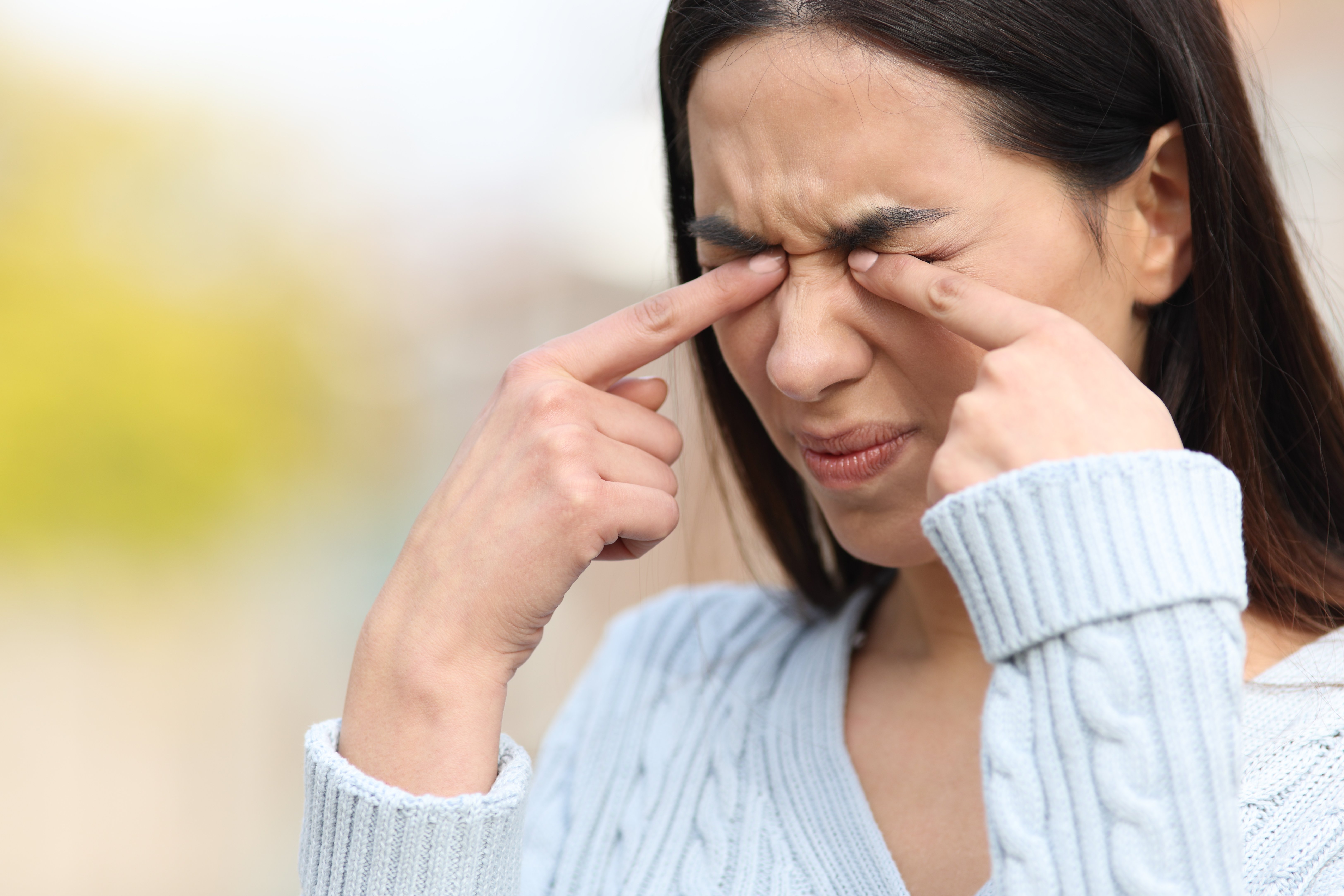
You are not alone if you suffer from red, itchy, dry eyes. Many individuals experience dry eyes or seasonal allergies in the summer and spring. It is not easy to tell the difference between the two conditions, but sometimes they interlink.
Dry eye disease causes symptoms similar to seasonal allergies. Dry eye syndrome tends to peak during the spring, as does the discomfort caused by pollen allergies. Also, seasonal allergens may trigger or worsen the symptoms of dry eyes. Sometimes, individuals might suffer from both conditions.
Dry Eye Disease
This condition causes the eye’s surface to dry due to a lack of lubrication and moisture. It occurs when the eye produces imbalanced or inadequate tears. Meibomian gland dysfunction causes eyelid glands to clog, leading to insufficient tears.
The meibomian glands produce the oily layer of the tear film. So, your eyes will get improper lubrication if the glands are dysfunctional. Most people who suffer from dry eye disease have MGD. Treatment of this eye condition can restore the proper balance and supply of tears.
Dry eyes can also result from menopause or conditions like arthritis or lupus, known to affect tear production. Furthermore, it is a common side effect of certain medications. These include decongestants, antihistamines, anti-anxiety drugs, high blood pressure medicine, pain relievers, and sleeping pills.
Symptoms of Dry Eye Disease
A gritty feeling in the eyes
Eye redness and pain
Blurry vision
Stringy discharge from the eyes
Eye burning or stinging
Periods of excessive tearing after periods of eye dryness
Heavy-feeling eyelids
Eye Allergies
Eye allergies, or allergic conjunctivitis, occur when your eyes react to allergens like pollen and pet dander. Eye allergies develop when your immune system overreacts to something in the environment.
You experience an allergic reaction when an allergen comes in contact with antibodies attached to your eyes’ mast cells. That causes the cells to release histamine and other chemicals that cause the tiny blood vessels in your eyes to leak. That leads to watery, red, itchy eyes.
Symptoms of Seasonal Eye Allergies
Itchy eyes
Watery eye discharge and possibly a runny nose
Eye burning or stinging
Light sensitivity
Eye redness
Swollen eyelids
Dry Eye vs. Eye Allergies
The best way to distinguish dry eye from eye allergies is the amount of itch. With allergic conjunctivitis, you experience extreme itchiness and a burning sensation in the eyes. They swell up and become red and watery when you rub them. So, you could be experiencing dry eye if you experience a slight or no itching sensation.
You can also distinguish allergic conjunctivitis from dry eye disease by the amount of tearing. Unlike dry eye disease, eye allergies cause constant excessive tearing. Even when dry eye causes watery eyes, the symptom is less severe than an allergic reaction.
Conclusion
You should protect your eyes if you suffer from either condition. Most importantly, staying current on your routine comprehensive eye exams would be best. Discuss any eye or vision changes with your eye doctor because diagnosis is the first step to successful treatment.
For more on dry eyes and seasonal allergies, visit Today’s Vision at our San Antonio, Texas, office. Call (210) 307-4749 to schedule an appointment today.











